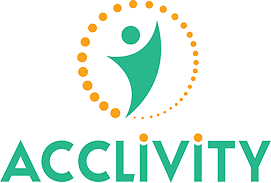A career in academia is rewarding. Even so, it can be difficult knowing how to plan your career advancement in higher education. Imagine where you want to be in your academic career. Joining a task force, committee, or institutional special projects is one of the first steps to getting there.
How to Join a Task Force, Committee, or Other Institutional Special Project
There are only 24 hours in a day, so you have to manage your time wisely. As a result, you should carefully think through your goals and how you think participating in a group or institutional project will help your career.
Afterward, talk to your colleagues to see if they have any suggestions. In addition, you can reach out to other people in your field that you admire or search Google. Once you have compiled a list of groups and special projects, narrow it down to the ones that interest you while still being able to make connections with others in your field.
Figure out if you meet all the requirements and if they are accepting more people. Finally, join that group or project.
Academic Networking
As in other professions, networking is important in academia. The benefits of academic networking are widely known. From building career connections to making long-term friends, networking on the academic level can improve your professional and social life.
Harness the power of networking by saying yes to groups and projects like task forces, committees, and institutional special projects. This will get you in contact with others and give you time to build a meaningful connection with the people you work alongside.
Leadership Skills
Show that you are a leader. Task forces, committees, and other institutional special projects give you the chance to demonstrate your leadership. On a group level, this could mean taking ownership of certain areas where everyone benefits from your expertise.
In contrast, you can also apply your leadership skills on a 1-on-1 level by being a mentor to someone with less experience. It’s good to keep in mind that there is a difference between being a mentor, coach, sponsor, and champion. By remembering the difference, you can work on becoming a better mentor.
On a whole, you will experience a career advancement in higher education by showing your leadership skills to others. You’ll gain the respect of academic professionals, which could lead to them letting you know about important career opportunities.
Go Further in Your Academic Career
Saying yes to certain projects and groups isn’t the only way to advance in your field. With the right person providing guidance, you can find out a way to get your next promotion.
Do you still feel stuck and don’t know where to start? You can set up an appointment with Dr. Loren M. Hill, a career coach that gives busy educators the tools and plans they need to get the promotions they deserve.

